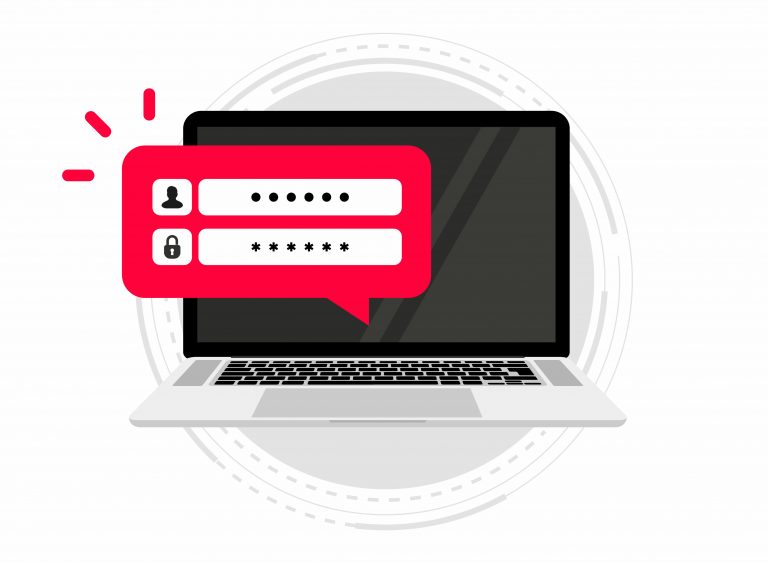Securing Your Health Data: Privacy Measures in Telemedicine
January 25, 2024Telemedicine has become an increasingly popular option for accessing healthcare services, allowing patients to consult with healthcare providers remotely. What…

Are you concerned about your privacy while using social media? The internet has made it easier than ever to share our thoughts and experiences with others, but it also raises questions about how much we want to reveal about ourselves.
Online sharing is the practice of distributing or providing access to digital data, such as information, photos, or videos, through various online platforms and networks. It is important to always review the privacy settings on your social media accounts to ensure that you have control over who can view and interact with your shared content.
In today’s digital age, social media has become a prominent platform for individuals to share their thoughts, experiences, and daily activities. But why do people feel compelled to share so much of their personal lives online?
As technology continues to advance, the act of sharing personal information online has become a common practice. However, with this convenience comes risks that can potentially harm our privacy and well-being.
Privacy concerns have become increasingly significant in the digital age. To protect your personal information when sharing online, it’s essential to be mindful of the information you share, especially sensitive details. Additionally, utilize the privacy settings on social media platforms to control who can gain access to your personal information. Avoid granting access to personal data through third-party apps, and periodically review and adjust your online privacy settings to align with your preferences.
Identity theft is a pervasive threat that can have serious consequences. To safeguard against it, it’s crucial to regularly monitor financial accounts and credit reports for any suspicious activity. Dispose of sensitive documents securely by shredding them to prevent identity thieves and cyber criminals from gaining access. Exercise caution when sharing personal information online, particularly on public platforms or with unknown entities, to minimize the risk of identity theft. Finally, enhance your online security by using secure, unique passwords for each online account to reduce the risk of unauthorized access. By implementing these practices, you can protect your privacy and reduce the likelihood of falling victim to identity theft in the digital world. Stay vigilant and proactive in safeguarding your personal information.
Reputation damage resulting from online sharing can have long-lasting consequences, affecting both personal and professional aspects of one’s life. Inappropriate content, offensive remarks, or controversial views can all contribute to tarnishing an individual’s image. These actions can result in public backlash, missed opportunities, and damaged relationships.
To mitigate the risks of reputation damage, it is important to maintain a positive online presence, be mindful of the content we share online, and engage with others respectfully.
In today’s digital age, sharing personal information online has become a common practice. However, with this convenience comes the risk of compromising your privacy.
To protect your online privacy effectively, utilize privacy settings on platforms and apps, reviewing and adjusting them to limit access to your personal information, for example, consider enabling two-factor authentication for added security, and regularly update these settings to stay in line with platform policy changes.
To proactively manage your online presence and safety, consider implementing these practices. Regularly Google yourself to monitor publicly available information and set up Google Alerts for your name and email to stay informed about new mentions. Periodically review and adjust your social media privacy settings to control who can access your posts and personal details. Additionally, think about utilizing professional reputation management services for ongoing online presence monitoring and protection. Lastly, strengthen your online security with robust passwords, stay vigilant against scams, and ensure your devices are regularly updated. These measures collectively serve as your virtual armor, guarding against the various risks associated with online sharing and maintaining a safer digital presence.
In this digital age, it’s almost impossible to avoid sharing information online. While social media and other online platforms allow us to connect and share with others, they also pose potential risks to our privacy and security.
Create robust passwords by combining letters, numbers, and special characters. Avoid easily guessable information like birthdays or names. Consider using a passphrase that’s memorable to you but difficult for others to guess. Change your passwords regularly, ideally every 3-6 months, to minimize vulnerability. Keep in mind that ‘123456’ is the most commonly used password, making it a prime target for hackers.
Stay vigilant against scams and phishing schemes by verifying sender email addresses and refraining from clicking on suspicious links. Exercise caution when faced with unsolicited messages requesting personal or financial information. Regularly update your devices and security software to guard against evolving scams, data breaches, and cyber threats. Educate yourself about common scam tactics and share this knowledge to help others recognize and avoid potential risks.
Staying informed about the latest online threats and privacy concerns is paramount to remaining vigilant in the ever-evolving digital landscape. Equally important is imparting this knowledge to others, particularly children, to instill safe online practices and underscore the significance of privacy. Regularly updating your knowledge on privacy settings and security measures for social media platforms and online accounts ensures that you adapt to changing circumstances. Finally, by actively spreading awareness within your community and social circles, you contribute to a safer digital environment for everyone, reinforcing the collective protection of online privacy and security.

Telemedicine has become an increasingly popular option for accessing healthcare services, allowing patients to consult with healthcare providers remotely. What…

In a world where cyber threats are becoming increasingly sophisticated, the importance of having strong passwords cannot be overstated. But…

Are you looking for a new job while still employed? Discreet job searching online is the key to keeping your…